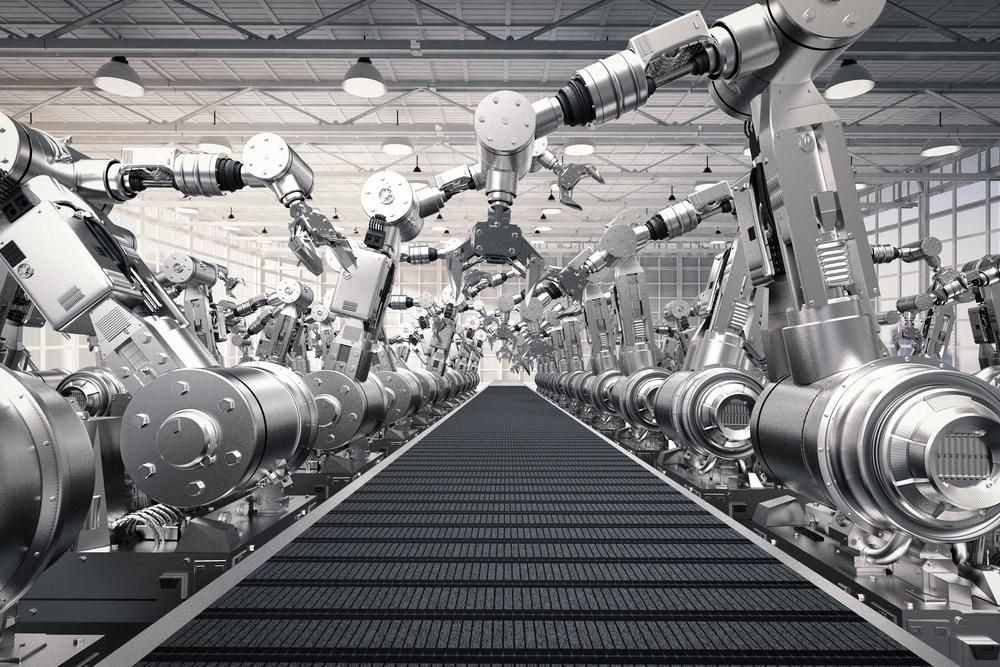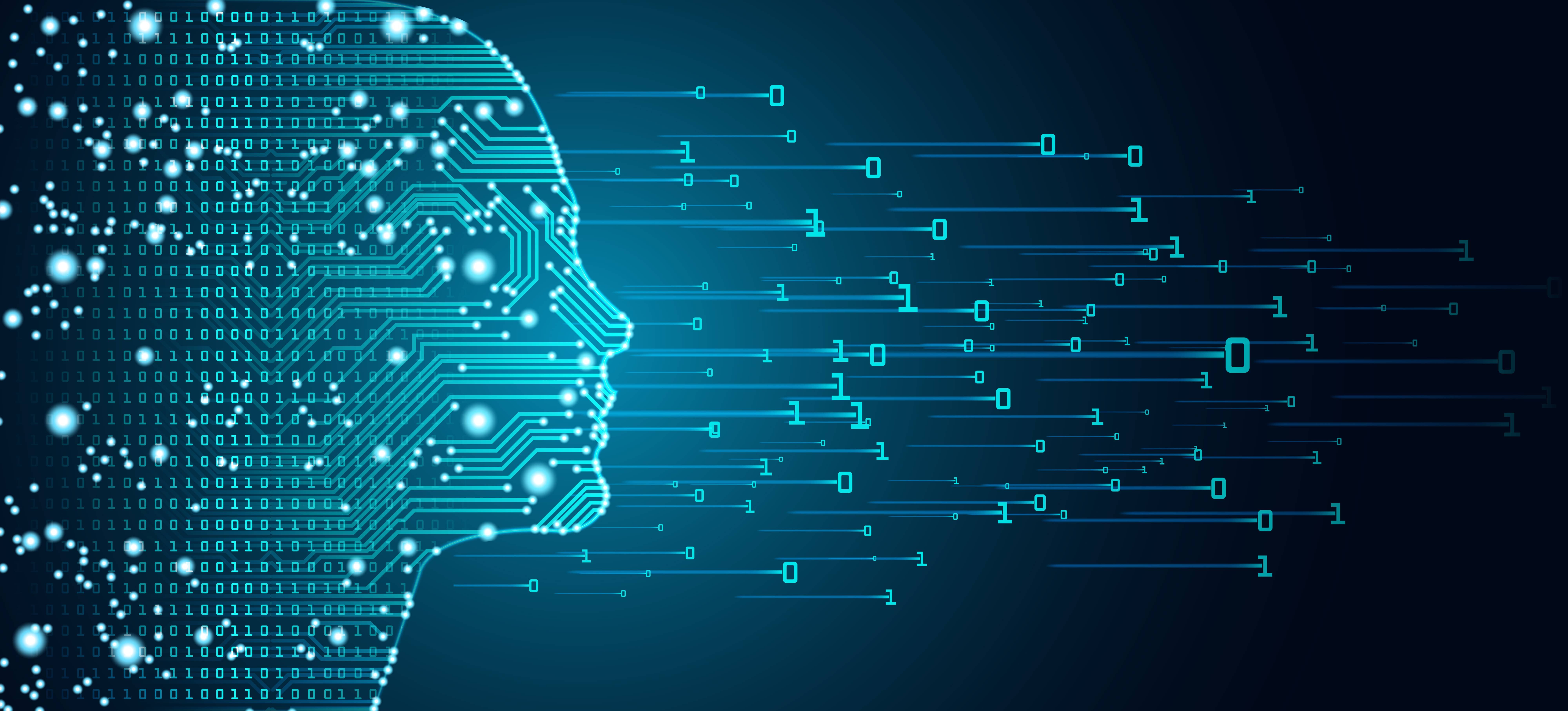From AIOps to the AIoT: Artificial Intelligence Will Run The World
To manage complex networks and rapidly expanding IoT networks, IT teams will have to turn to the power of artificial intelligence. For IT...
AI isn’t simply good or bad. Like everything, it’s a nuanced issue. AI can help us do countless things more efficiently, but it can also be dangerous. Learn more.
Whether you’ve realized it or not, we’ve been using artificial intelligence (AI) for years in our search algorithms, phone facial recognition systems, and voice assistants. However, nothing has caused the general public to take notice of AI like ChatGPT has. This AI chatbot developed by OpenAI can quickly generate text that reads as if it were written by a human. Using a database of content, predictive text algorithms, and artificial intelligence, ChatGPT can sift through billions of sources in its database to return human-like responses to users’ questions and prompts.
Concerns about AI certainly aren’t anything new, but the release of ChatGPT kicked everything into overdrive. Instead of being an abstract concept for future generations to deal with, artificial intelligence is now here — and it’s making people nervous regarding its impact on jobs and civilization. In fact, an open letter calling for a six-month moratorium on AI development was published and signed by thousands of AI experts and industry leaders, including Elon Musk, Steve Wozniak, Evan Sharp, Andrew Yang, and Yoshua Bengio.
While many of the concerns in the letter are valid, the issue isn’t so straightforward. AI actually presents many benefits when used correctly. But before we dive into how AI can help us, let’s first go over some potential dangers of the technology.
Luckily, ChatGPT and other forms of generative artificial intelligence aren’t quite up to what media like Ex Machina, 2001: A Space Odyssey, and Westworld show us, but that doesn’t mean the technology isn’t without its risks. Generative AI tools like ChatGPT can lead to:
It’s worth noting that, while generative AI is currently the hot-button topic, not all forms of AI fall under the generative category. We also have predictive AI, analytical AI, visual AI, and functional AI, each with its own use cases, benefits, and dangers.
While there are some valid concerns about AI, it’s important to remember that the technology actually has many benefits in practical applications when utilized correctly.
For one, AI can reduce human error. While workers may make mistakes if they’re distracted, tired, or stressed, AI-driven solutions can function perfectly around the clock, assuming they are programmed correctly. An AI solution can apply algorithms to make decisions based on the information it has been trained on, resulting in increased accuracy and precision in everything from weather forecasts to finances.
Plus, artificial intelligence can make decisions faster than humans. If you’ve ever played chess against a computer, you’ve seen how the algorithms enable your opponent to make the best possible move quickly. Now think about taking that efficiency to the next level in a business or organization. AI doesn’t need to worry about the emotional side of things and won’t get decision fatigue, meaning it can make decisions and take action almost instantly.
What’s more, AI can work around the clock, 365 days a year. While humans work roughly eight hours a day (often taking breaks, sick days, and vacations), AI doesn’t have the same limitations. There is no need to ensure AI has the perfect work-life balance or enough PTO. With AI, companies, educational institutes, and helpline centers can provide customers with support at all times.
AI can also take over some jobs humans don’t want to do. Not only can AI perform repetitive tasks like verifying documents, chatting with customers online, or sending thank-you emails, giving employees more time to innovate and focus on meaningful activities, but the technology can also limit risks workers are exposed to. AI robots can handle everything from coal mining, to bomb diffusion, to deep ocean exploration.
Artificial intelligence can also play an important role when it comes to cybersecurity. Businesses and organizations can better protect their data and systems from bad actors by using AI in cybersecurity applications. After all, AI can quickly and consistently identify threats around the clock, unlike IT teams who need rest or may take a break at the exact wrong time.
AI can spot intrusions and vulnerabilities, preventing them from occurring in the first place, quickly isolating them to avoid further damage, and even learning from past intrusions. In the face of constant and ever-evolving cyber threats, this is invaluable.
In short, artificial intelligence has plenty to offer in nearly every facet of our lives and businesses, but it’s not the end all be all on its own. It all depends on how it’s used — and at Turn-key Technologies, Inc. (TTI), elements of AI and machine learning can be found in many of the solutions that we offer in order to provide the best possible user experience.
For example, the cloud networking solution Aruba Central is driven by AI-powered insights. Aruba Central gathers and analyzes data from clients to predict failures. As a result, HPE can ship new parts to clients before a failure even occurs, saving everyone stress. Artificial intelligence is also a key component in many of the video surveillance systems we offer. Not only can AI quickly identify anomalies and unusual movement patterns, but it can also alert staff, allowing them to take action immediately.
While AI may seem daunting, it’s important to remember that it has plenty to offer when leveraged correctly. One area where it has proved remarkably effective over the years is in the cybersecurity space. In fact, if you want top-notch cybersecurity, you need a company that leverages AI to strengthen its services while providing expert data interpretations that take AI further.
While plenty of IT companies are out there, TTI goes above and beyond the competition. We have a proven track record and have been using AI to support our cybersecurity offerings for years. We can implement AI-supported cybersecurity solutions that can help protect you from bad actors around the clock.
Talk to one of our experts today to start leveling up your cybersecurity today!

To manage complex networks and rapidly expanding IoT networks, IT teams will have to turn to the power of artificial intelligence. For IT...

Are robots really coming to take your job? Probably not. In fact, AI and automation offer a lot of advantages that can help businesses and workers...

The task of cybersecurity is rapidly becoming too complex for humans to handle alone. That’s why artificial intelligence will become an increasingly...